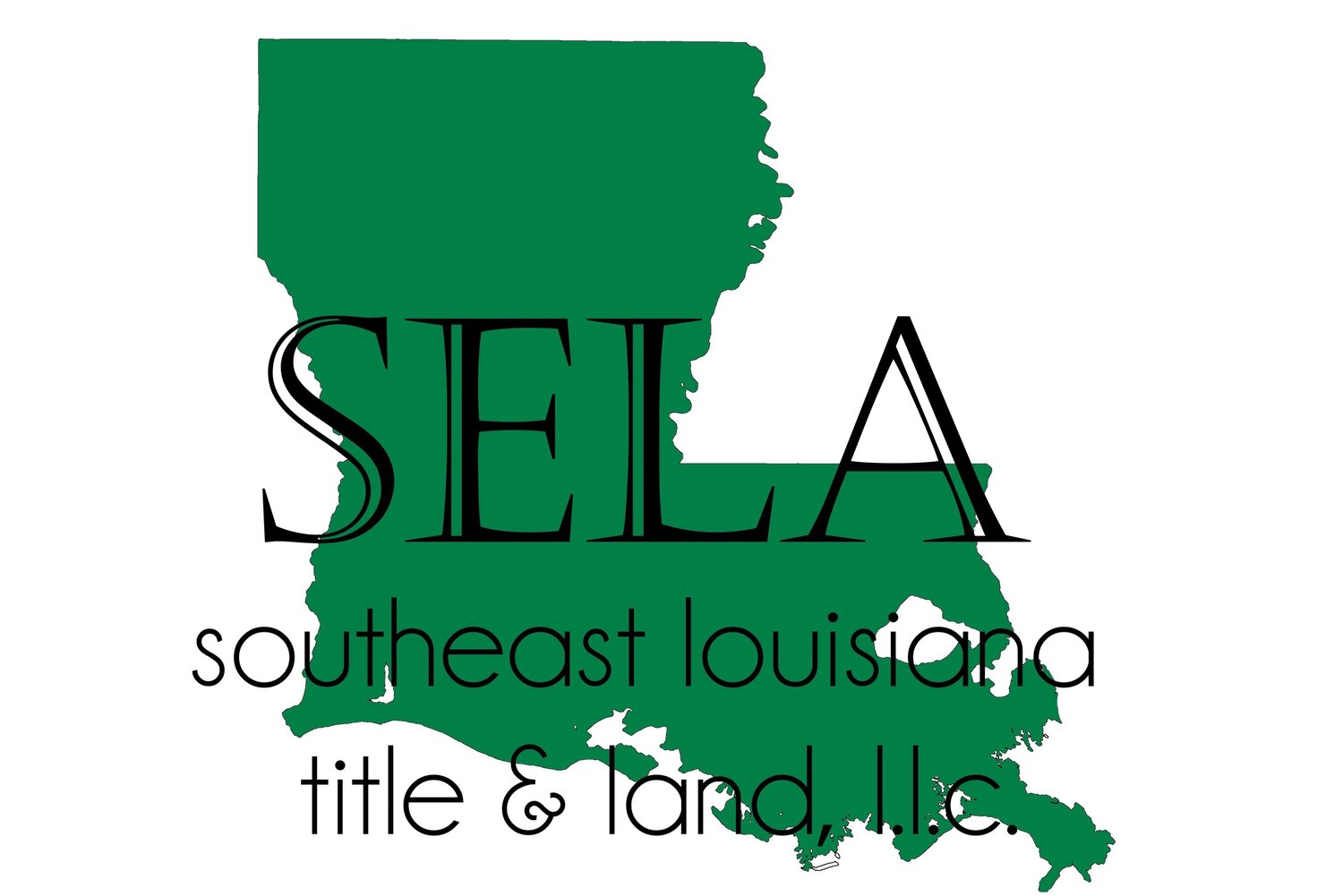How much money can I expect to spend in closing costs?
Typical "closing costs" for buyer and seller will run several thousand dollars. Why so much? Because "closing costs" is all of the money you or your seller will have to spend to get your loan processed, closed and recorded. This can represent the fees of several companies not just one. Typical closing costs are:
· Real Estate agent commission (typically 6% of the first $100,000 of the purchase price and 4% of the rest.
· Loan Origination Fee (typically 0-4%% of the loan amount)
· Discount Points (typically 0-2%, depending on market conditions)
· Appraisal Fee (approx. $300-$500)
· Credit Report (approx. 0-$50)
· Miscellaneous Fees (average $125-500)
· Pre-paid Interest (up to 30 days, from $0-1000 or more)
· Loan Guaranty Charges (VA Funding, FHA-MIP, PMI ins.)
· Broker Fee (non-conforming loans, up to 0-6% of loan amount)
· Homeowners Insurance ($1,000-1,500 depending on the condition of House)
· Flood Insurance (if required, $500-1,500)
· Windstorm Insurance (if required, $500-1000 or more)
· Tax & Insurance Escrow (usually 3 months of reserves)
· Settlement or Closing Fees (here we are! $500-750)
· Title Insurance (based on loan amount, $300-$1,500 depending on loan amount)
· Recording Fees ($88.00 - 300.00)
· Overnight Delivery Fees ($25-75)
· Survey (if required, typically $450, as high as $600 or more)
· Termite Inspection Certificate ($75)
All of the above costs can easily exceed $3,000-$4,000, and they do not vary much from loan to loan, lender to lender, and it doesn’t matter if the loan is a VA, FHA or CONV type. These costs are pretty much built-in to the mortgage loan industry, regardless of loan type.
You may also incur additional costs for the pro-rated Seller’s property taxes, appraiser required repairs, termite treatment & repairs (if required), loan payoffs, back taxes, other liens, debts, etc., all of which are charges to the Seller. It is easy to see, then, that the money that will be spent (whether by the buyer/borrower or seller) for the ultimate closing is going to be substantial. So it is best to know these costs, prepare for them, and accept them for what they are - the costs of buying or borrowing money on a home.
